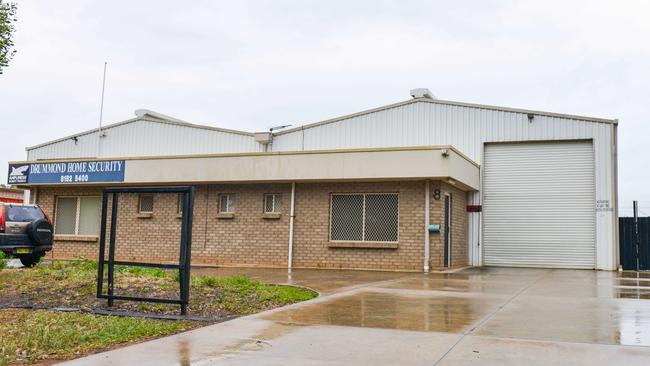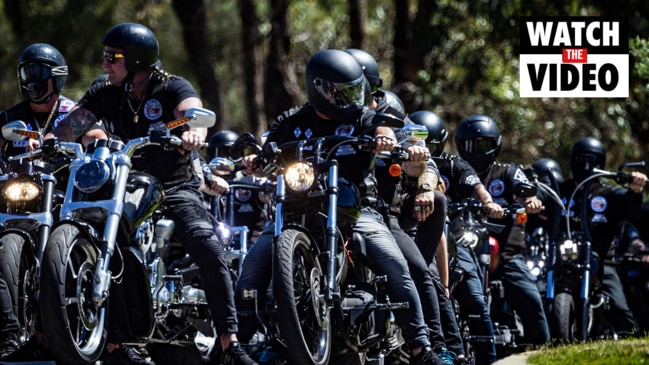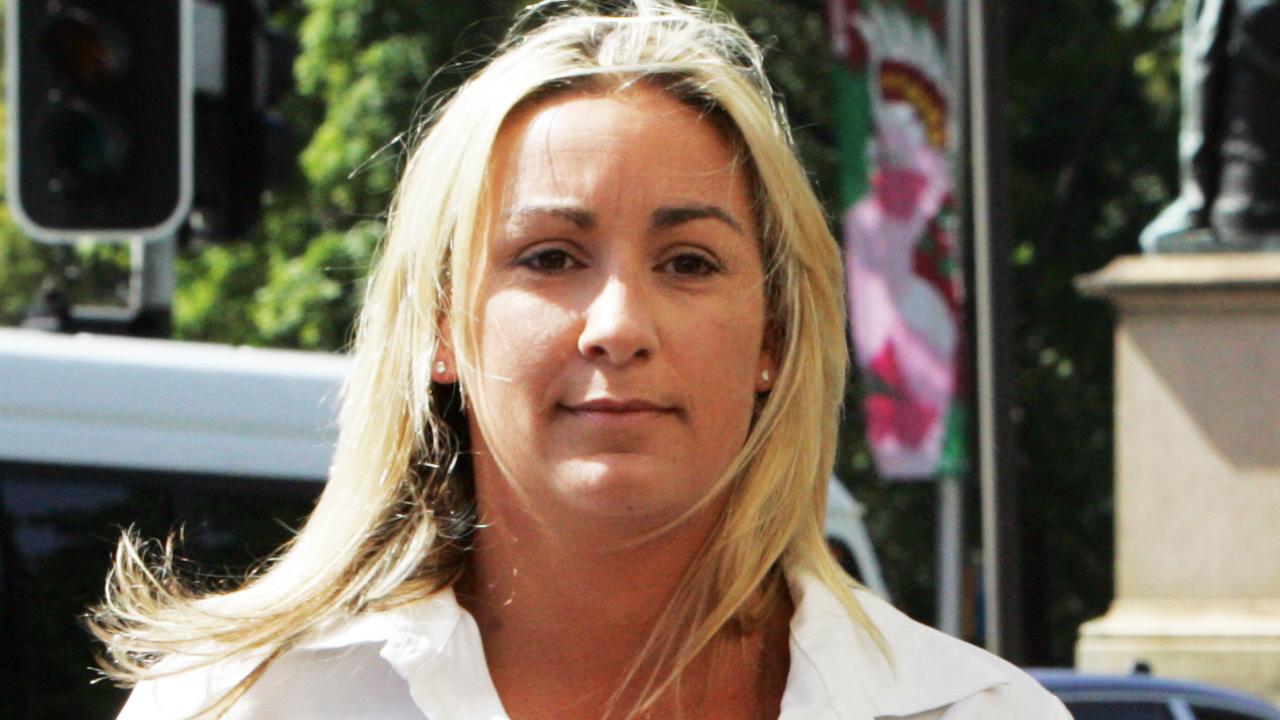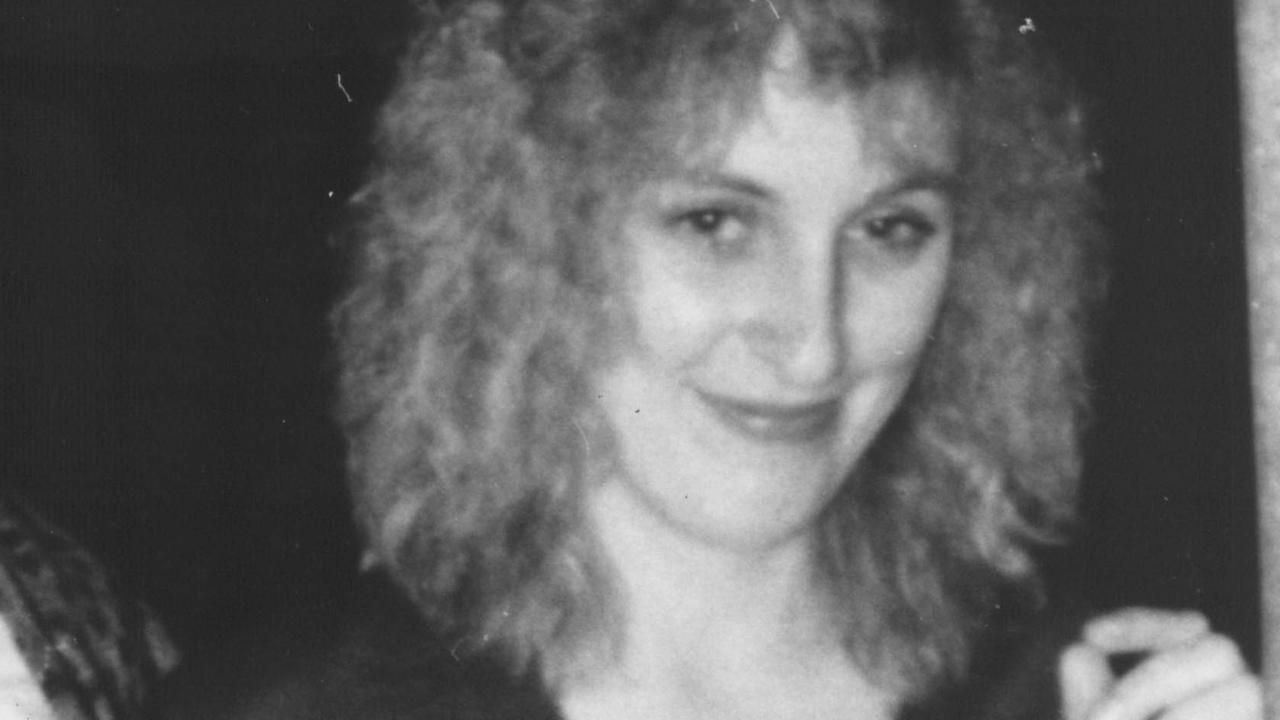Nowhere to hide: SA Police using organised crime laws to close down clubrooms run by three bikie gangs
This suburban industrial unit was a haven for Descendants bikies – until police dismantled it using tough anti-gang laws. Now two other bikie HQs are being targeted.

Behind the Scenes
Don't miss out on the headlines from Behind the Scenes. Followed categories will be added to My News.
This nondescript industrial premises at Para Hills West is the latest bikie clubroom to be dismantled by police.
The two-storey unit – which has been occupied by the Descendants – has just been declared a prescribed premises following an intensive application process by Crime Gangs Task Force detectives.
Senior police have revealed applications targeting properties occupied by two other bikie gangs are also being considered by the State Government – one in the metropolitan area and the other a significant rural property.
The moves, made under the Criminal Law Consolidation Act (Criminal Organisations), prohibit any member of a declared criminal organisation from being on the prescribed premises under the threat of three years in prison.
The Descendants’ premises at Beafield Rd, Para Hills West, has been the subject of intensive scrutiny by police for some time, with 29 people – including members and associates – each fined $1000 for breaching COVID-19 restrictions in May.
The clubroom is the first dismantled by police since late 2017 when another Descendants premises at Pentland Rd, Salisbury South, and a Rebels-owned residential home at Sleep Rd, Para Hills, were both targeted and listed as prescribed premises.

Serious and Organised Crime Investigation Branch officer-in-charge Detective Superintendent Steve Taylor said the legislation was a valuable tool for police in controlling gang activity.
“History has shown with OMCG (outlaw motorcycle gang) clubrooms they are more than just a meeting place or a social club. Club business is discussed at those locations quite openly, we know that,’’ he said.
“Invariably that business is drug trafficking, extortions, offences of violence against other clubs.
“I am aware of several incidents in which there have been violent assaults and rapes of young women in attendance. And club members who are in bad standing often get called to the clubrooms and receive life-changing beatings, there have been quite a few of those over the last few years.
“It is a haven for criminality. If we can disrupt that in any way it is advantageous.’’
He said the clubrooms also serve as hiding places for weapons stockpiles, with police finding concealed storerooms and lockers holding dozens of firearms in several clubrooms over the past two decades.

Police have now succeeded in having 13 bikie clubrooms across the state being declared prescribed premises with new clubrooms sanctioned “fairly rapidly’’ as soon as they were positively identified. This was a contributing factor in keeping gang numbers under control.
At present there are 200 full members and 104 associates spread across the 10 gangs in South Australia. Significantly, 57 of those 304 individuals are either in custody awaiting trial or serving prison sentences for crimes including murder, attempted murder, drug trafficking, blackmail and serious assaults.
Conflict between rival gangs was constant, with violent incidents involving members or associates common. In the latest incident last Friday, an ex-Comanchero member was shot in the leg in the northern suburbs – and a recent fatal bashing in Adelaide that is the subject of an ongoing court case also allegedly involved Finks members and associates.
Det-Supt Taylor said three gangs – the Nomads, Comanchero and Finks – were continuing to cause police concern because of their violent activities as disputes over territories continued, while other gangs kept a low profile and concentrated on serious criminal activity such as drug trafficking.
“We have a number of strategies in place to quell that violence in place, with instructions out to all police to pay attention to certain gang members,’’ he said.

Det-Supt Taylor said police used an array of sources to identify new bikie clubrooms that included community members, former gang members and covert and overt policing strategies. They are used to compile an application to have a premises prescribed.
“I think that is why none of our applications have been rejected. We do our homework very thoroughly,’’ he said.
In most instances the properties being targeted will be owned by gang members, but some have been leased or subleased by an innocent party to avoid scrutiny.
“There are a number of private premises that are being used periodically and we work towards building an intelligence picture on them so we can get them declared as well,’’ he said.
“There is a lot of evidence to suggest they have gone underground, but that doesn’t stop us from developing an intelligence picture on them. Private residences have been prescribed in the past, so there is a word of caution there.
“You may have a full member of a club and he decides he is going to have regular meetings at his home address. That potentially could compromise that property.’’

Originally published as Nowhere to hide: SA Police using organised crime laws to close down clubrooms run by three bikie gangs


